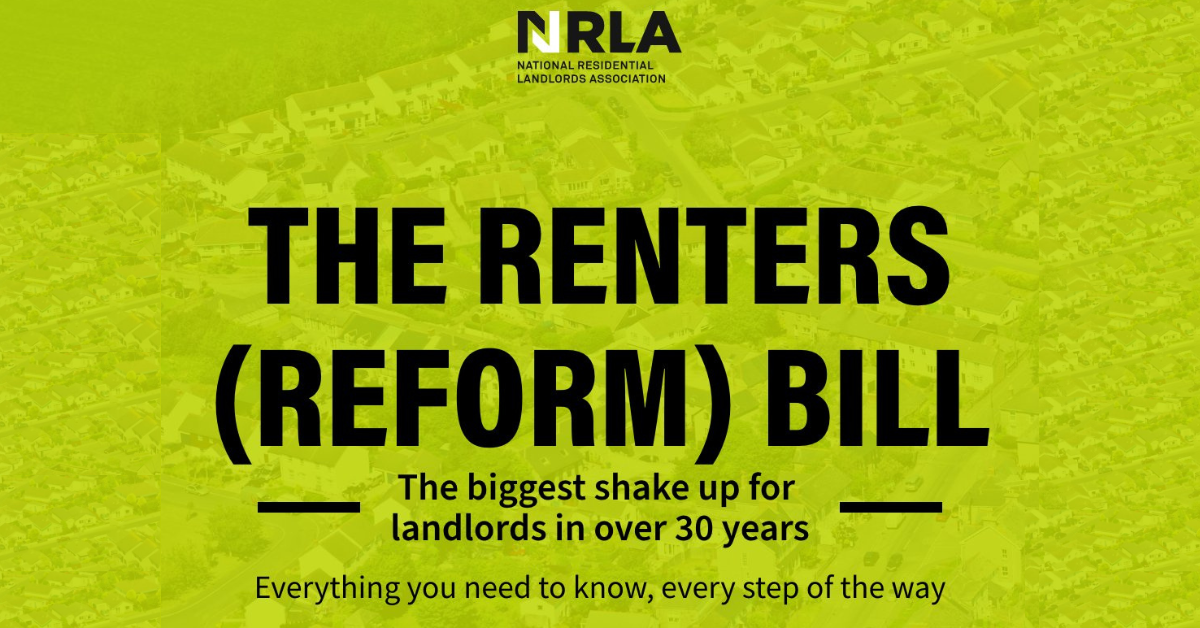

Renters (Reform) Bill: What will happen on Wednesday?
The Renters (Reform) Bill is back in Parliament on Wednesday for Report Stage and its long awaited Third Reading.
This marks the final stage in the Commons before the Bill reaches the Lords.
It follows Comittee Stage, where evidence was presented and the Bill was first considered in detail, but by a smaller group of MPs.
This opens up the Bill for debate by ALL MPs, who will also have the opportunity to table amendments.
How are amendments passed?
All MPs can suggest amendments – changes to the Bill – but these have to have the support of the majority of MPs in the debate for them to be accepted and the Bill to be changed
Backbench MPs will know that their amendments are unlikely to be passed, however, they can table amendments in order to hold a debate on an issue or establish the Government’s intentions, for example if something is unclear or not addressed explicitly in the bill. This is known as a 'probing amendment'.
The Speaker will select which amendments are debated, and may group similar amendments together.
Not all amendments will be debated, with the ‘selection list’ of those to be discussed published ahead of time.
Unless they’re withdrawn or not selected, all Government amendments require a decision. They will either be agreed (or rejected) without a vote or a vote will take place.
For amendments tabled by others, the lead MP will indicate in their response to the debate on their amendment whether they want to withdraw it (for example, because it was a 'probing amendment') or move it to a vote - which is at the Speaker's discretion.
The Speaker has to balance the time available for debating the bill with the time needed for facilitating a vote.
Who will table the amendments?
The Government amendments have been tabled by the Secretary of State, and are highly likely to pass as the Government has a significant majority in the House of Commons.
There would have to be a significant rebellion by backbenchers for these to fail. Voting in the Commons is usually led by the party whips – who indicate whether their MPs should support, vote against, or abstain.
The opposition amendments will be tabled by the shadow ministerial team - in the case of the Renters (Reform) Bill, the shadow housing minister, Matthew Pennycook MP. However, they will still need to overcome the Government majority should any of their amendments go to a vote.
Other MPs can table amendments but they do so individually.
What happens next?
The ‘Third Reading’ will immediately follow Report Stage and is the final debate on the Bill before it goes to the Lords. There can be no further amendments at this stage – and the House votes on whether to approve the Bill to go to the Lords for further discussion.
More information
- For all the latest on the Renters (Reform) Bill check out our information hub here.
- Housing minister Jacob Young will address NRLA members in an exclusive webinar after the debate. The webinar will take place at 2.30pm on Thursday, the day after the Renters (Reform) Bill is back in the Commons. Members can register to attend the webinar here. Questions can be submitted to the Minister during the event via the live chat or submitted in advance by emailing: [email protected]

